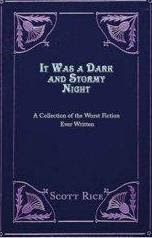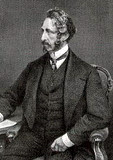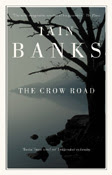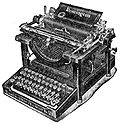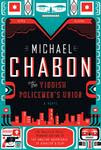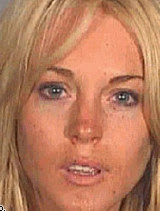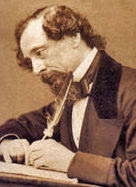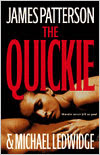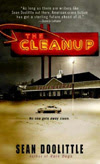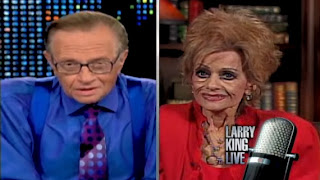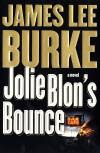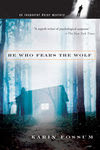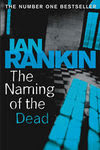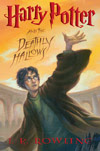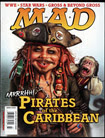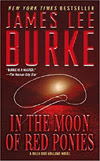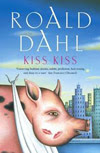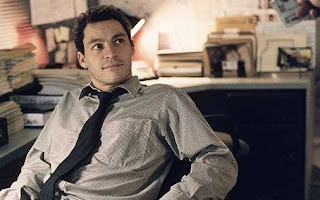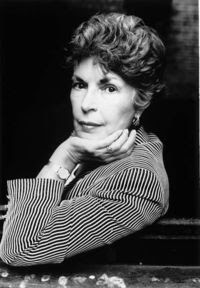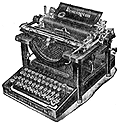Dude, yer gettin' a Dell -- to write your book
A few weeks ago, I wrote that I was returning to the keyboard after a hiatus of too many months napping, reading, working out, doing crosswords, playing solitaire, drinking wine, mowing the lawn, surfing the Internet, cursing the cats, brooding through Wichita's monsoon season -- any and all of the hundreds of things writers do to avoid actually writing. As a bit of reinforcement before the fact, I bought a new laptop computer, reasoning that it might be easier to write if I didn't always have to be in the same room when I was doing it. So far, it's working. While I'm not going to give the new machine all the credit, it's probably true that the deep shame of buying unnecessary hardware has fostered at least a temporary surge in productivity. My goal is a minimum of 500 words a day; so far I've been closer to 1,000. For this book project, I'm trying a couple of other new tricks -- new to me, at any rate. I only reread the last few paragraphs of what I've
